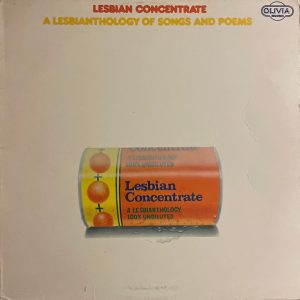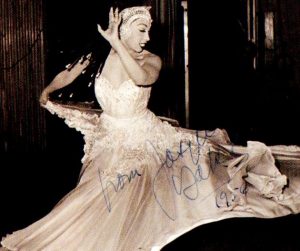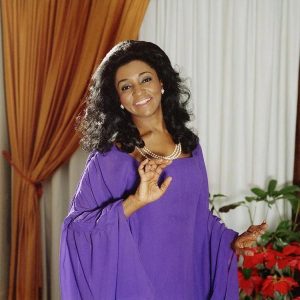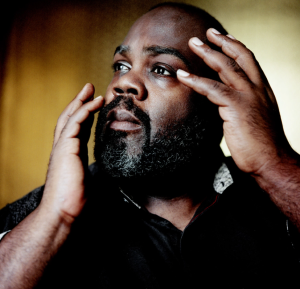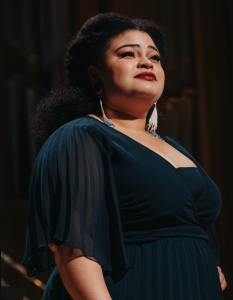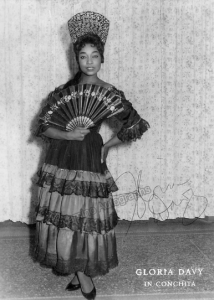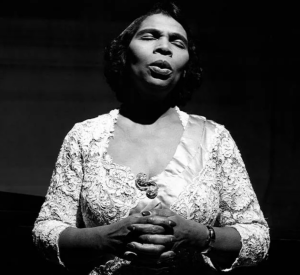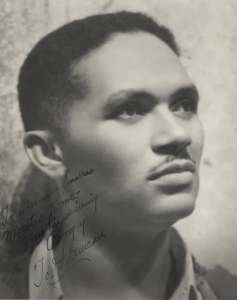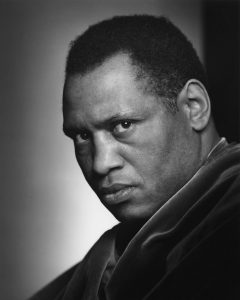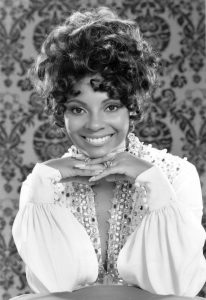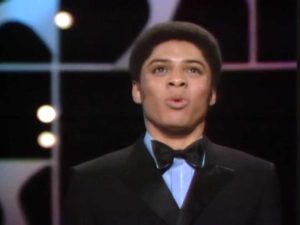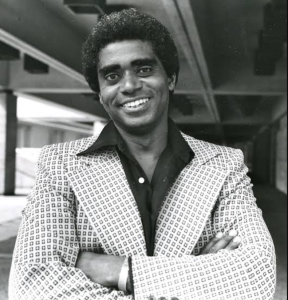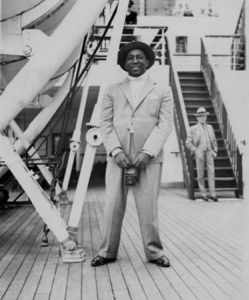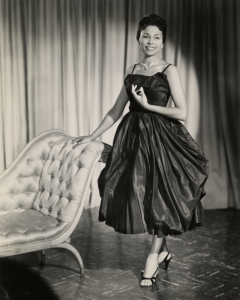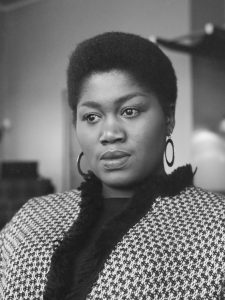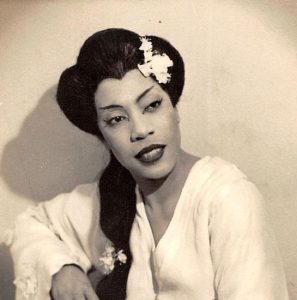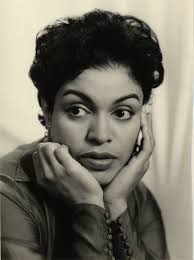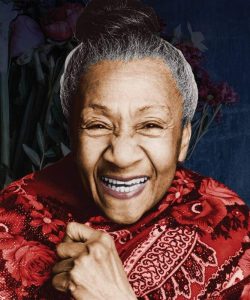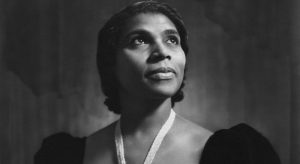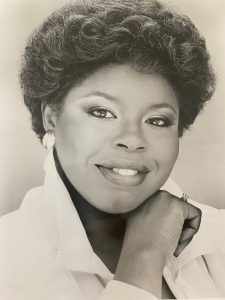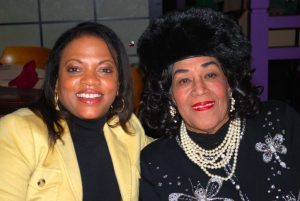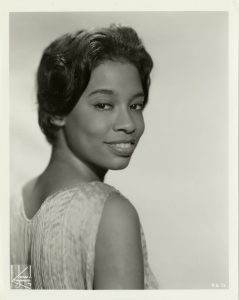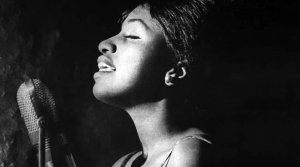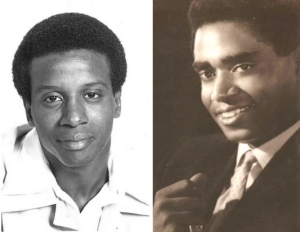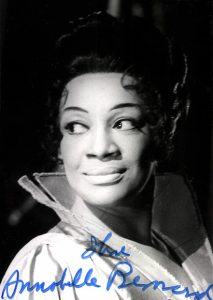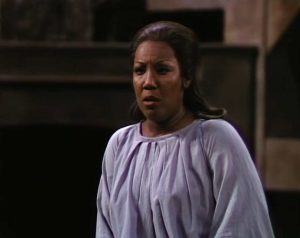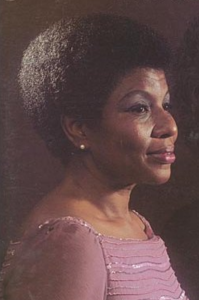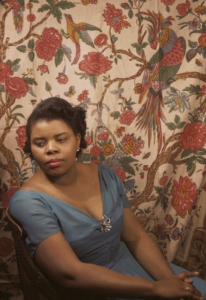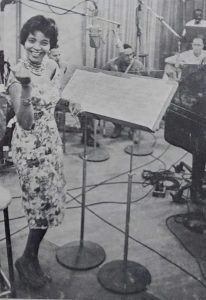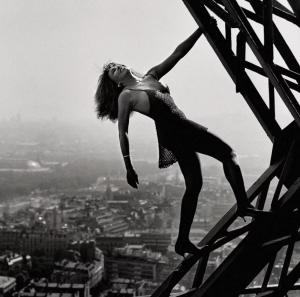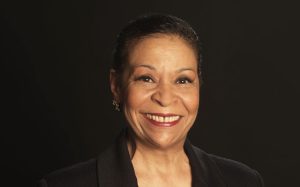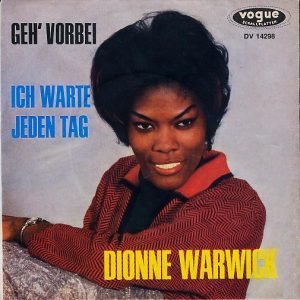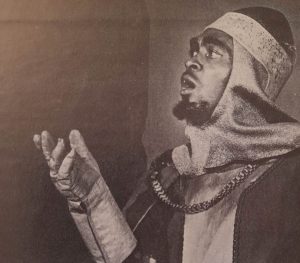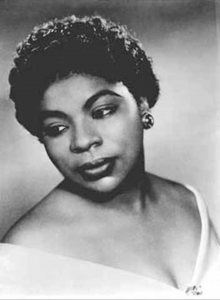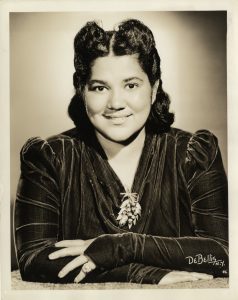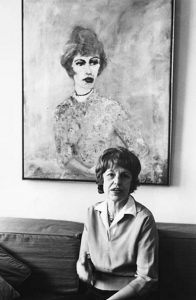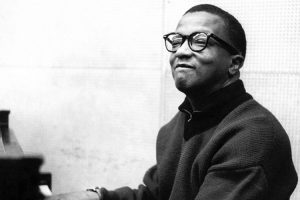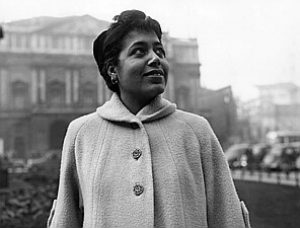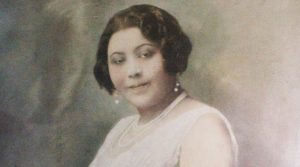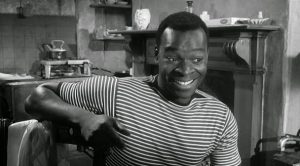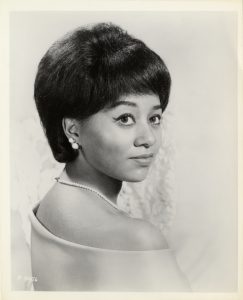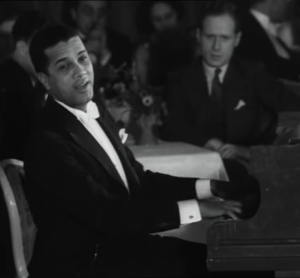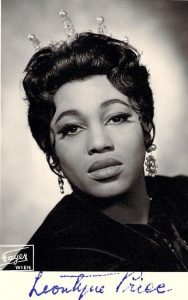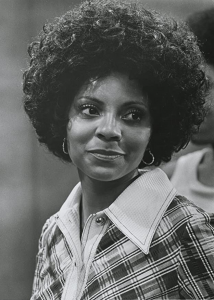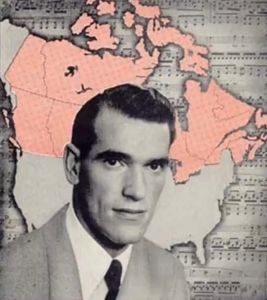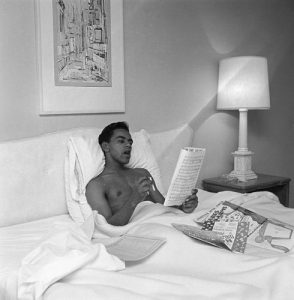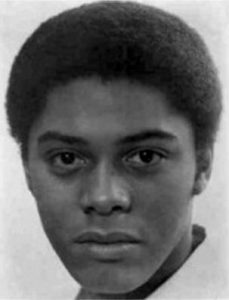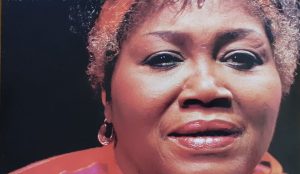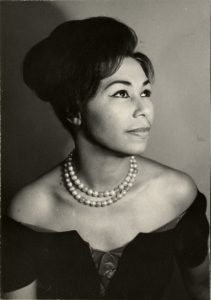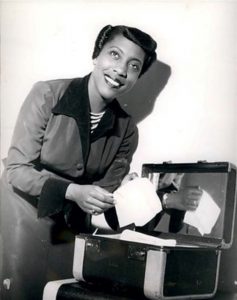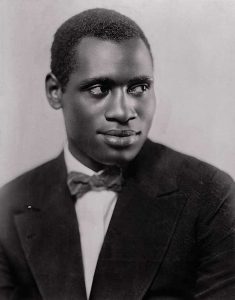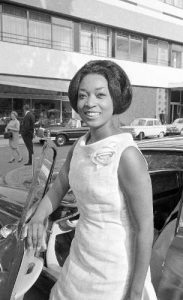Podcast: Play in new window | Download (Duration: 1:18:18 — 91.8MB) | Embed
Subscribe: Spotify | TuneIn | RSS | More
Continuing the Countermelody show of Pride for this month’s LGBTQ+ celebrations, I take a look back at the Women’s Music Movement of the mid-1970s as reflected in the 1977 Olivia Records release Lesbian Concetrate: A Lesbianthology of Songs and Poems. I present the album in its entirety, as well as providing some historical context for the release: on the history of Olivia Records as an offshoot of some earlier lesbian separatist groups; as well as the cruel and hateful legacy of Anita Bryant, who, with a swift collective kick to her rear, has recently descended to hell. Bryant coined language in her 1976 “Save Our Children” initiative in Dade Country, Florida. Such language continues to be used by ultra-right-wing Christian nationalists to this day. On a more positive note, I describe and celebrate the legacies of each of the singers, bands, and poets heard on this release, all of which also have increased resonance both politically and musically in this frought world of 2025.
“We wanted to do everything – everything – differently than what we had been told was the proper way to do things. There were some hard things. All of it was hard and all of it was wonderful at the same time.” Ginny Z. Berson, co-founder of Olivia Records in an interview with Bonnie Morris first broadcast on This Way Out Radio on 14 December 2020
Countermelody is a podcast devoted to the glory and the power of the human voice raised in song. Singer and vocal aficionado Daniel Gundlach explores great singers of the past and present focusing in particular on those who are less well-remembered today than they should be. Daniel’s lifetime in music as a professional countertenor, pianist, vocal coach, voice teacher, and journalist yields an exciting array of anecdotes, impressions, and “inside stories.” At Countermelody’s core is the celebration of great singers of all stripes, their instruments, and the connection they make to the words they sing. By clicking on the following link (https://linktr.ee/CountermelodyPodcast) you can find the dedicated Countermelody website which contains additional content including artist photos and episode setlists. The link will also take you to Countermelody’s Patreon page, where you can pledge your monthly or yearly support at whatever level you can afford.
